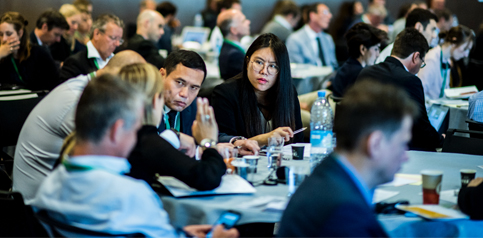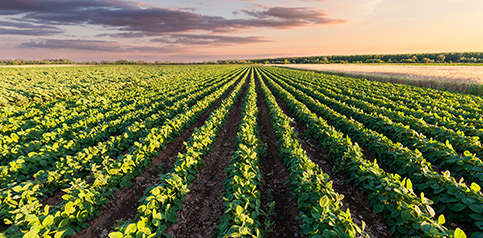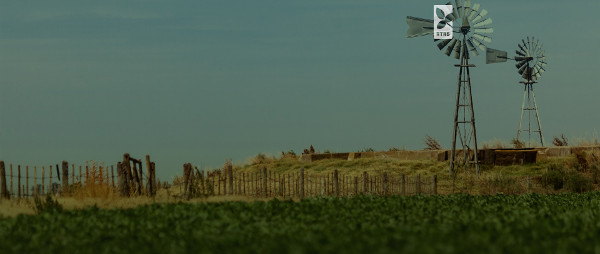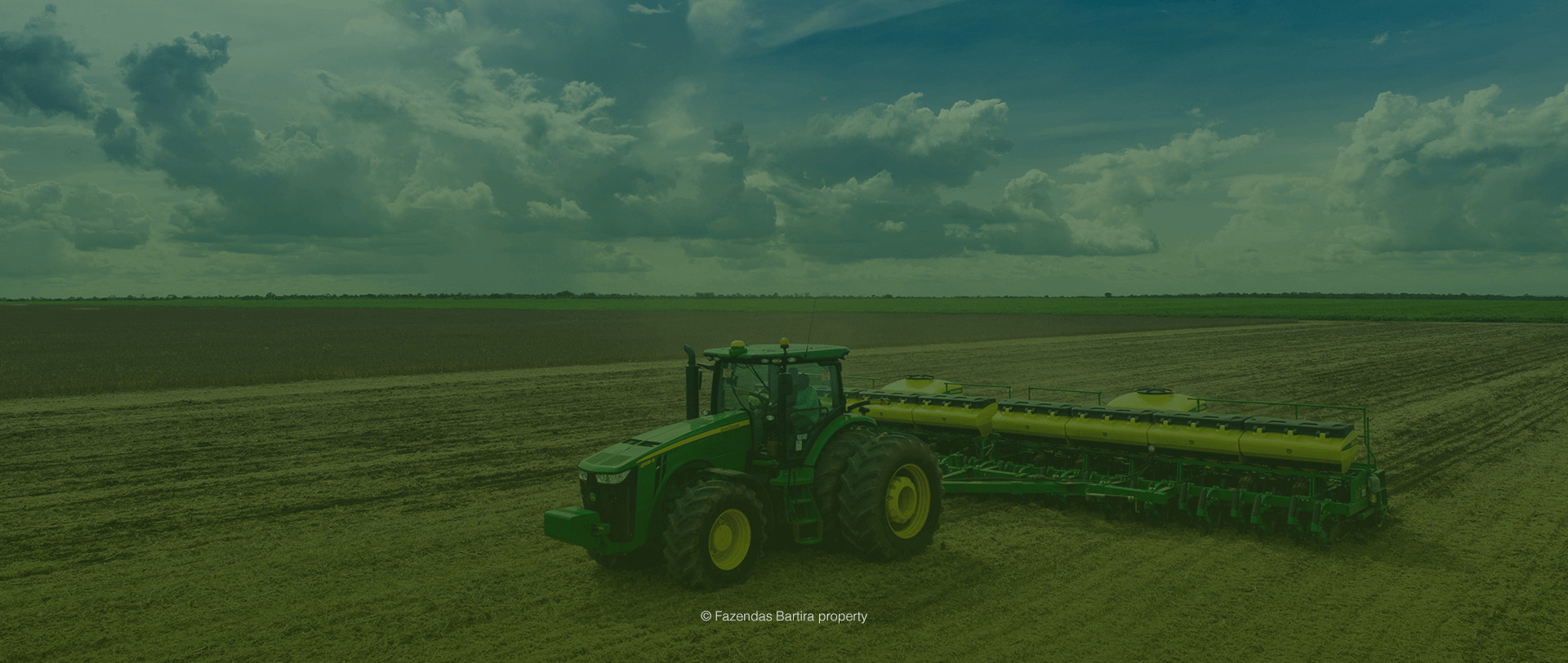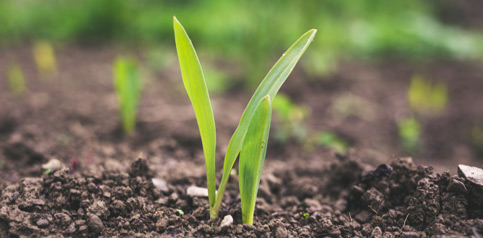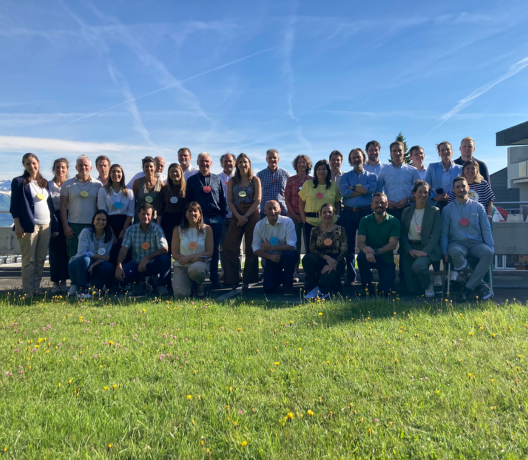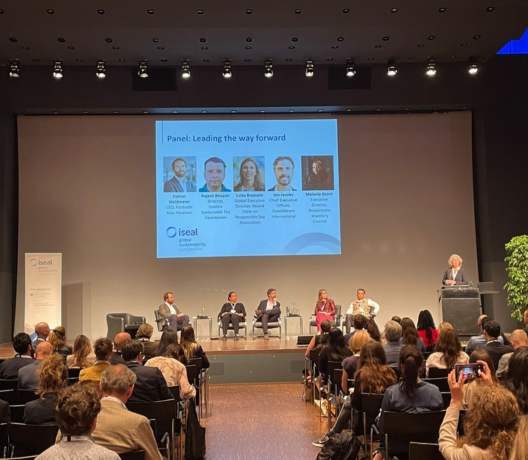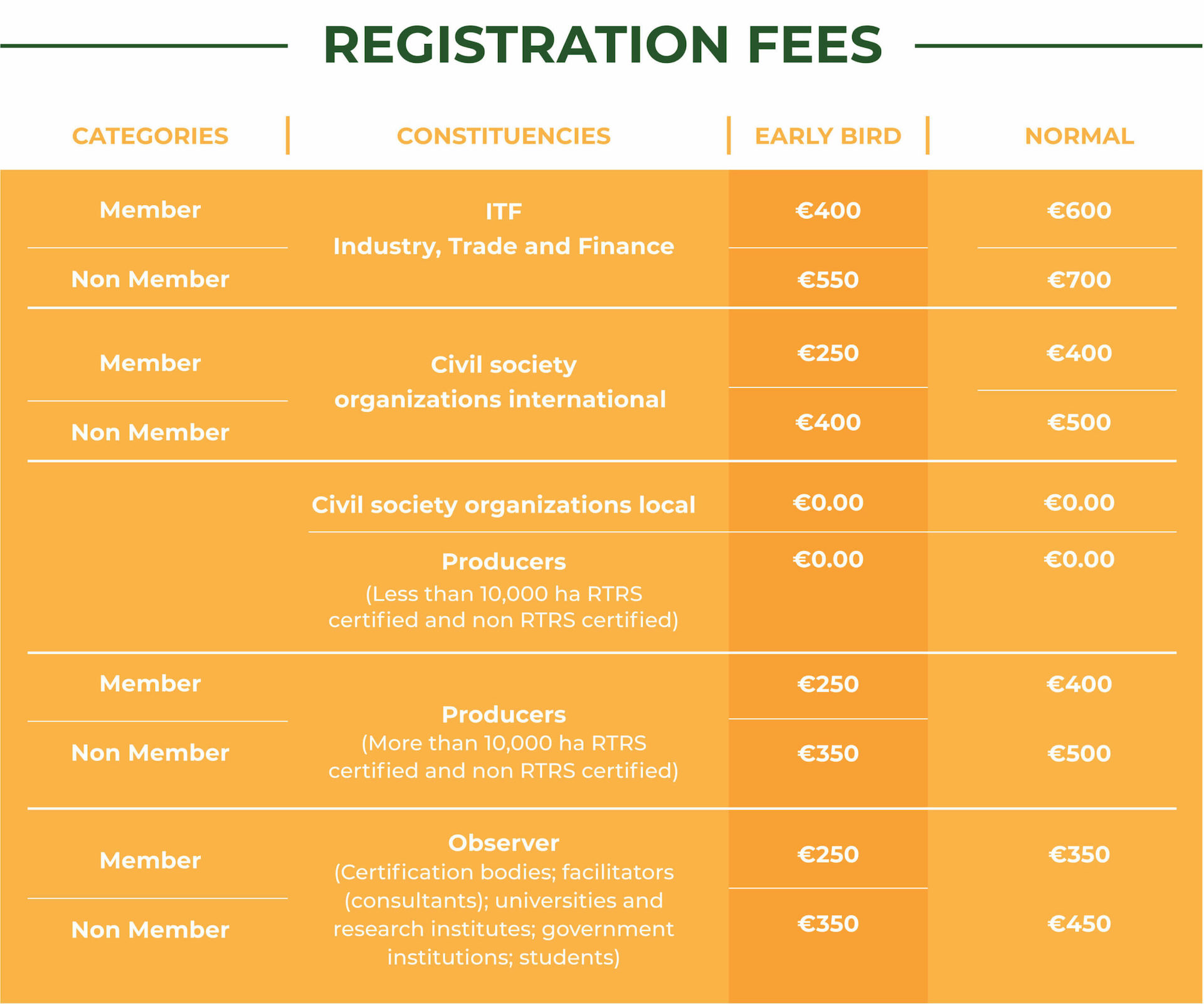RTRS and GIZ promote sustainable soy in the MATOPI region
By means of a cooperation agreement signed in 2021, the two institutions are carrying out different initiatives in partnership to promote the creation of sustainable value chains in Brazil
The partnership between the RTRS (Round Table on Responsible Soy Association) and the Brazil-Germany Cooperation for Sustainable Development (by means of GIZ) aims to promote sustainable agricultural practices in the MATOPI (Maranhão, Tocantins and Piauí) region in addition to strengthening the role of the RTRS as a round table and recognising the value of its multi-stakeholder brand that brings together the main players in the soy value chain to promote mutual understandings and work in synergy.
Under the scope of the project entitled “Sustainability and value creation in production chains” – a cooperation initiative between GIZ’s global AgriChains programme and the State Government of Maranhão – the two institutions seek to expand the discussion on sustainability in the soy chain in the state of Maranhão; the project also includes studies, events, and communication actions to engage stakeholders with the imperative to produce, trade and use responsible soy in the region. By means of this initiative, RTRS and GIZ wish to encourage producers, suppliers, food manufacturers, retailers, financial institutions, and civil society organisations to exchange experiences, as well as to increase integration among them to produce results in favour of sustainable production in the region.
Meetings on sustainable soy in the MATOPI region
In September, the two institutions started a series of virtual events on the topic with a view to facilitating communication, coordination, and cooperation across the multiple stakeholders in the chain. In their initial conversation, the entities discussed the importance of cooperation between the RTRS and the GIZ to develop a “Sustainable Soy Agenda for Maranhão” and share experiences with the aim of expanding and moving forward actions conducive to sustainable agricultural practices in the region. Speakers included Gisela Introvini, Superintendent of the Research Support Foundation for the North Export Corridor (FAPCEN); Bernardo Pires, Sustainability Manager for the Brazilian Association of Vegetable Oil Industries (ABIOVE); André Machado, GIZ technical advisor; and Cid Sanches, RTRS Consultant in Brazil. The meeting brought together about 62 attendees and was an opportunity for everyone to learn about the various pro-sustainability actions put into practice in the state, with agriculture as a prominent example due to its high RTRS certification volumes.
The second webinar was held in November and discussed the role of the logistics sector in promoting sustainable soy in the MATOPI region. At the meeting, which brought together more than 90 attendees, representatives of the logistics sector shared experiences and actions that have contributed to the continuous improvement of production and efforts to keep the region sustainable, in addition to providing an overview of the reality of supply chain logistics in the region and its impacts on sustainable soy production. Speakers included Ted Lago, president of the Maranhão Port Administration Company – EMAP Porto do Itaqui; Diego Zanella, Marketing General Manager of VLI – Logística; Hélcio Takeshi, CEO of Corredor Logística e Infraestrutura (CLI); Evert Raymakers, RTRS European Outreach & Engagement Manager in Europe; and Petra Ascher, director of GIZ Brazil’s Sustainability and Value Creation in the Production Chains Project.
The meeting participants came to a few conclusions: that the Port of Itaqui and the companies operating in that region can transport responsible soy with traceability, and that there are many advances under-way that depend, to a considerable extent, on demand from international buyers directed at sustainable producers.
The third meeting, held in December in a face-to-face format, spanned two days and brought together around 50 attendees in the state capital of São Luís, with new discussions on how to encourage advancements in sustainable soy agriculture in the region. It also highlighted the importance of dialogue between public officials and the logistics infrastructure sector to achieve cross-stakeholder alignment on policies, legislation, and instruments for sustainable soy. In addition to the RTRS and the Brazil-Germany Cooperation, the event was also attended by representatives from: the Secretariats of Agriculture and Livestock (SAGRIMA), Family Agriculture (SAF), and Human Rights and Popular Participation (SEDIHPOP) of the State Government of Maranhão; the Maranhão Port Administration Company (EMAP) and Corredor Logística e Infraestrutura (CLI). The meeting was also attended by representatives of industry, commerce, various trading companies and producers assisted by the “Sustainable Chains” programme, which is being implemented by GIZ in the State of Maranhão to increase the sustainability of productive chains for soy and other crops, such as babassu, carnaúba and jaborandi.
The event also featured round table sessions to develop strategies meant to afford greater visibility to the progress of sustainability projects in the region. Participants also worked in groups to find synergies and support the development of public policies and communication strategies for that same purpose.
In all, the meetings brought together a total of 202 participants from 15 different countries, which underscores the potential of the partnership between the two institutions to expand communication and cooperation across the different players in the soy chain, both domestically and abroad.
GIZ was also a speaker at the meeting “Coalition of the willing: routes to impact” at the RTRS Meeting Point 2022: “Seeding Common Ground” event, held in Germany on November 22. Benjamin Mohr, Project Manager at GIZ (Germany) presented the experience of the AgriChains Brasil programme in developing a sustainable soy chain in Maranhão. His presentation also highlighted the project’s “dual approach” that focuses on both the chain and the territory at the same time, in addition to the good practices of the cooperation system he created, including the Sustainable Soy Dialogues for the Itaqui Corridor.



